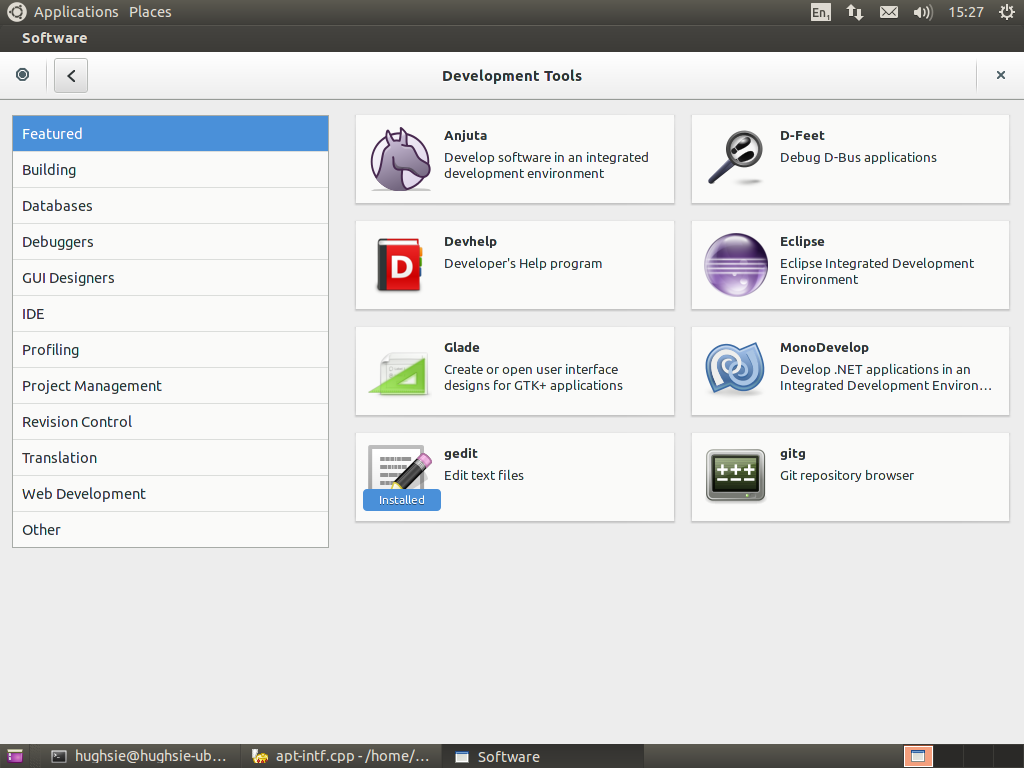So, after playing a bit with Ubuntu Mate 16.04 and because of the latest linuxmint hack I started looking for a better linux alternative to use and I believe I finally discovered a really great one!
Antergos (based on Arch Linux) is one of the best linux distros I have used in many years. I’m really impressed about how much faster and easier it is than Ubuntu/Debian in many ways.
For example, one of its best features is that it comes already with yaourt configured and ready to use so you can install almost all modern applications using one single command line:
yaourt -S dropbox telegram-desktop-bin spotify google-chrome sublime-text-dev android-sdk teamviewer atom-editor
Now try installing all that with ubuntu … It’s much harder, I’ve been looking for a fast way to search and install ppa’s automatically for many years.
I discovered that Antergos (Arch Linux) is even capable of installing .deb files for the programs you cannot find available in AUR. This is insanely great!!!
The best part of this distro is the installer called Cnchi. During the installation you can actually choose between 6 different Graphical Interfaces: GNOME, Cinnamon, Xfce, MATE, Openbox and KDE. How cool is that ?

You get always the latest and greatest of all software available! The first time I heard about this project was on The Linux Action Show. Thank you so much guys 🙂 . Keep up the good work!
Here you can download the latest version using HTTP

Antergos is available to everyone for free. You can download it and make as many copies as you want. All you have to do is download the iso image, burn it on a CD/DVD or write it to a USB, and enjoy.
Now, go ahead and try this distro yourself. Let me know how it goes for you. 😀
Source: Try it | Antergos Linux






